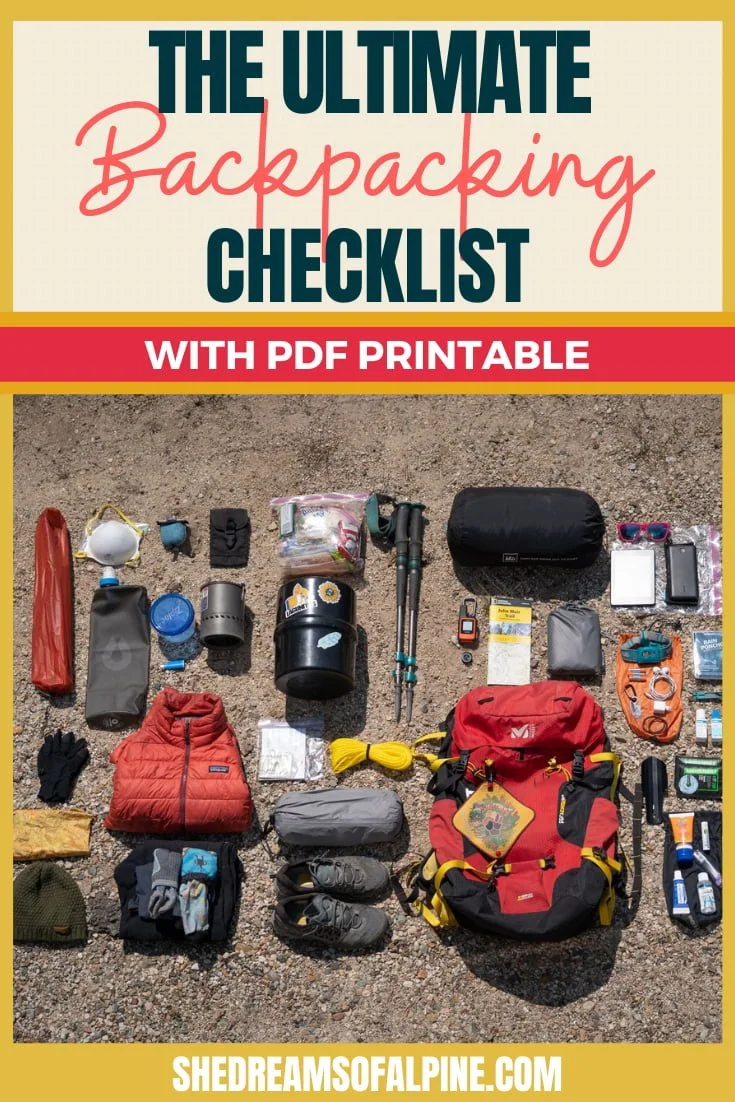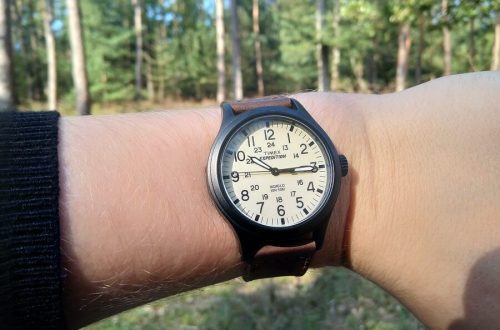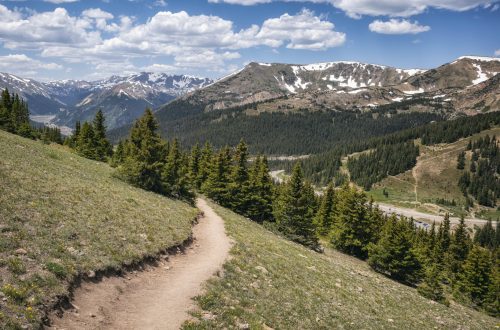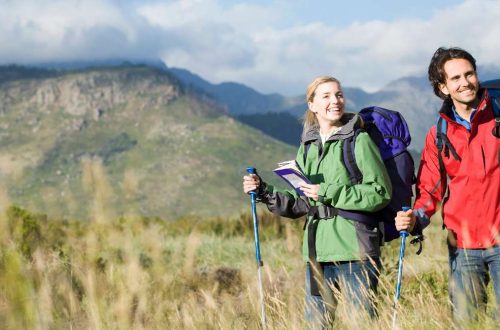So, you’re planning an overnight hiking trip? That’s fantastic! Getting out into nature for a night is an incredible experience․ But before you lace up your boots and hit the trail, it’s crucial to pack smart․ Forget something important, and your adventure could quickly turn into a miserable slog․ This guide will walk you through everything you need to consider when creating your overnight hiking trip packing list, ensuring you have a safe, comfortable, and unforgettable experience․ Let’s get started!
Essential Gear for Your Overnight Hiking Trip
This is the core of your packing list․ These items are non-negotiable for a safe and enjoyable overnight hike․ Think of it as your survival kit, comfort enhancers, and navigation tools all rolled into one․
The “Big Three” for Your Overnight Hiking Trip
These are your shelter, sleep system, and pack․ Choosing the right gear here can make or break your trip․
- Backpack (50-70 liters): Big enough to carry everything, but not so big that you overpack․ Consider the length of your torso when choosing a pack for optimal comfort․
- Tent or Shelter: A lightweight tent, tarp, or bivy sack to protect you from the elements․ Consider the weather forecast!
- Sleeping Bag: Rated for the expected nighttime temperatures․ Down is lighter and more compressible, but synthetic stays warmer when wet․
- Sleeping Pad: Provides insulation from the ground and adds comfort․ Inflatable pads are more comfortable, while closed-cell foam pads are more durable․
Navigation and Safety Essentials for Your Overnight Hiking Trip
Getting lost is no fun․ And being unprepared for emergencies is even worse․ These items are crucial for staying safe and on course․
- Map and Compass: Know how to use them! Don’t rely solely on your phone․
- GPS Device or Smartphone with GPS: As a backup to your map and compass․ Download offline maps!
- Headlamp or Flashlight: With extra batteries․ Essential for navigating in the dark․
- First-Aid Kit: Include blister treatment, pain relievers, antiseptic wipes, and any personal medications․
- Emergency Whistle: For signaling for help․
- Fire Starter: Waterproof matches or a lighter․
- Knife or Multi-Tool: For various tasks, from cutting rope to food preparation․
- Sun Protection: Sunscreen, sunglasses, and a hat․
Tip: Pre-pack your first-aid kit and check its contents regularly․ Replace any used or expired items before each trip․
Clothing Considerations for Your Overnight Hiking Trip
Layering is key! Weather can change quickly in the mountains, so be prepared for a range of conditions․ Choose moisture-wicking fabrics like merino wool or synthetics․
Essential Clothing Items for Your Overnight Hiking Trip
- Moisture-Wicking Base Layers: Top and bottom․
- Insulating Layer: Fleece jacket or down vest․
- Waterproof and Windproof Jacket and Pants: Even if the forecast is clear․
- Hiking Pants or Shorts: Choose quick-drying fabrics․
- Hiking Socks: Wool or synthetic․ Bring extra pairs!
- Hiking Boots or Shoes: Broken-in and comfortable․
- Hat and Gloves: Even in summer, nights can be cold․
Adjusting Your Clothing Packing List for Different Seasons
What you pack will depend heavily on the time of year․ Think about the average temperatures and potential weather conditions․
- Summer: Lighter layers, sun protection, insect repellent․
- Fall/Spring: Warmer layers, rain gear, be prepared for temperature swings․
- Winter: Heavy insulation, waterproof and windproof layers, consider snowshoes or microspikes․
Food and Water for Your Overnight Hiking Trip
Staying hydrated and fueled is essential for energy and morale․ Plan your meals carefully and pack enough water or have a reliable water source․
Calculating Your Food Needs for Your Overnight Hiking Trip
Aim for about 2500-3500 calories per day, depending on your activity level․ Choose lightweight, calorie-dense foods․
- Breakfast: Oatmeal, granola, energy bars․
- Lunch: Sandwiches, wraps, trail mix․
- Dinner: Dehydrated meals, pasta, couscous․
- Snacks: Nuts, seeds, dried fruit, jerky․
Water Sources and Purification for Your Overnight Hiking Trip
Carry enough water for the first few hours, then plan to refill at natural sources․ Always purify water from streams, lakes, or rivers․
- Water Bottles or Hydration Reservoir: Carry at least 2-3 liters of water capacity․
- Water Filter or Purification Tablets: To remove bacteria and viruses․
Interesting Tip: Consider packing a small, lightweight stove and pot for boiling water and preparing hot meals․ A hot drink can be a real morale booster on a cold evening․
Miscellaneous Items for a Comfortable Overnight Hiking Trip
These are the little things that can make a big difference in your comfort and enjoyment․
Creature Comforts for Your Overnight Hiking Trip
- Toilet Paper and Trowel: For burying human waste․
- Hand Sanitizer: Important for hygiene․
- Bug Spray: Especially in mosquito-prone areas․
- Repair Kit: Duct tape, needle and thread, safety pins․
- Camp Towel: Lightweight and quick-drying․
- Book or Entertainment: For downtime in camp․
- Camera: To capture the memories!
Leave No Trace Principles for Your Overnight Hiking Trip
Remember to minimize your impact on the environment․ Pack out everything you pack in, stay on marked trails, and respect wildlife․
Frequently Asked Questions About Overnight Hiking Trip Packing
Packing for an overnight hiking trip can seem daunting, but with careful planning and the right gear, you can have an incredible experience․ Remember to prioritize safety, comfort, and minimizing your impact on the environment․ Don’t be afraid to adjust your packing list based on your specific needs and the conditions of your hike․ Now get out there and enjoy the beauty of nature! Happy trails!






